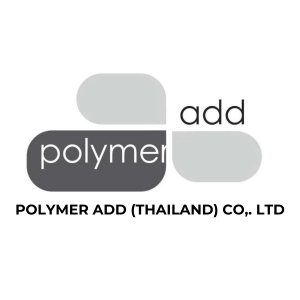Micronized magnesium silicate, also known as talc, finds various applications in the polymer industry due to its unique properties. Here are some common uses:
Reinforcement Agent
Micronized magnesium silicate can be used as a reinforcing filler in polymer composites to improve mechanical properties such as stiffness, strength, and dimensional stability. It enhances the modulus and impact resistance of polymers like polypropylene, polyethylene, and thermoplastic elastomers.
Nucleating Agent
Talc acts as a nucleating agent, promoting crystallization in polymers. This can result in shorter cycle times during processing, improved transparency, and enhanced mechanical properties.
Anti-blocking Agent
In polymer films and sheets, micronized magnesium silicate can be added to prevent blocking, which is the tendency of these materials to stick together. This improves handling and processing during manufacturing and packaging.
Impact Modifier
Talc can also act as an impact modifier in polymers, improving their toughness and resistance to crack propagation. This is particularly useful in applications where impact resistance is crucial, such as automotive parts and consumer goods.
Rheology Modifier
Addition of talc can modify the rheological properties of polymer melts, making them easier to process by reducing melt viscosity and improving flow characteristics. This is beneficial in injection moulding, extrusion, and blow moulding processes.
Heat Resistance
Micronized magnesium silicate can enhance the heat resistance of polymers, making them suitable for applications requiring high-temperature stability, such as automotive under-the-hood components and electrical enclosures.
Cost Reduction
Talc is often used as a cost-effective filler in polymers, allowing manufacturers to reduce material costs while maintaining or improving performance characteristics.
Surface Finish
Talc can improve the surface finish of polymer products, providing a smooth and matte appearance. This is desirable in applications such as cosmetic packaging, consumer goods, and appliances.
Electrical Insulation
Talc-filled polymers can exhibit improved electrical insulation properties, making them suitable for use in electrical and electronic applications where insulation is critical.
